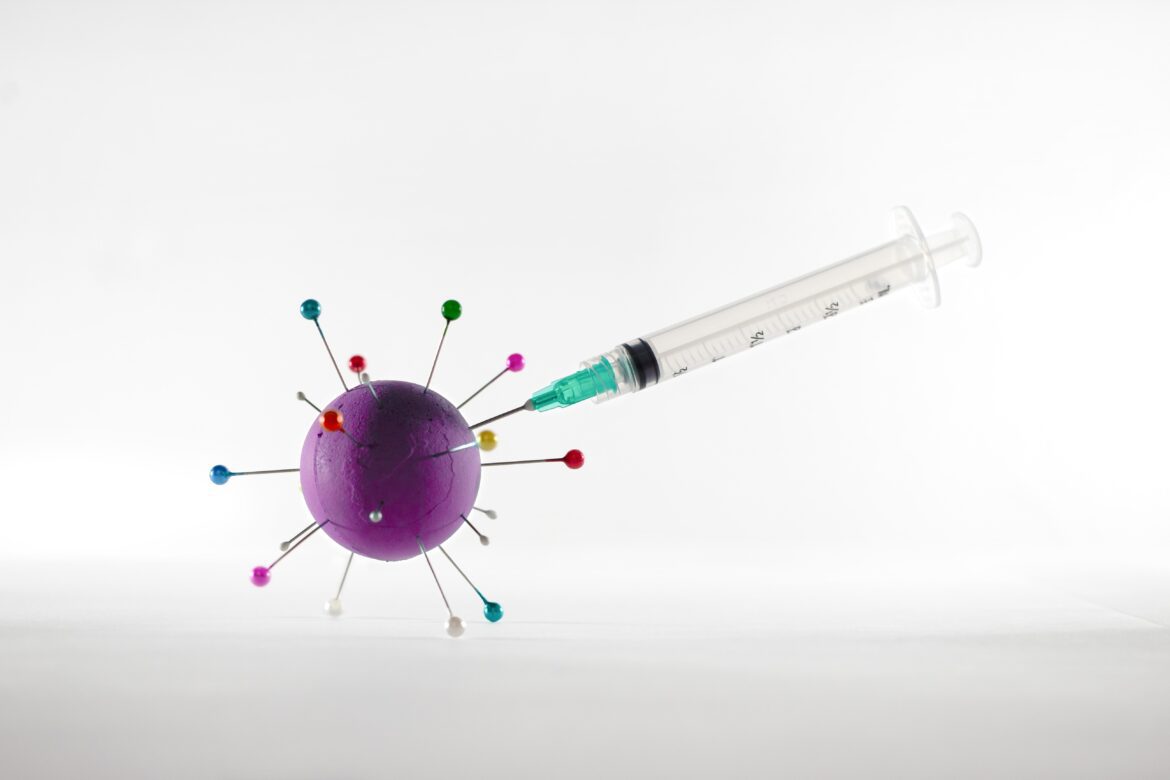There has been a lot of speculation surrounding covid 19 vaccines. It can seem difficult to tell what’s true and what’s not, especially when it comes to fertility and reproductive health.
This article shall dig deeper into the issue and unravel myths whether the covid vaccine has an impact on female fertility.
Myth 1: Covid Vaccine Has Not Been Tested On Pregnant Women Or Those Who Are Planning On Getting Pregnant
When the vaccine clinical trials began, women who were pregnant were not a part of it. And hence, the safety of the vaccine was questionable. However, in large-scale studies, particularly covid-19 vaccine trials, there were accidental pregnancies reported. Even though this experiment was not a part of planning, it provides important fertility data.
In one of the papers, “are COVID-19 vaccines safe in pregnancy?” published by nature, we can draw some conclusions. The control groups present in the study had 28 accidental pregnancies, whereas the vaccinated group had 29. Vaccines received by vaccinated groups were Pfizer/BioNTech vaccine, Moderna Covid-19 vaccine, and AstraZeneca.
If COVID-19 vaccination was causing loss of fertility, the rates of accidental pregnancies should have been lower than control groups. But as we see from the paper results, both control and vaccinated groups have pretty much the same results. The rate of accidental pregnancies was the same in both. This shows the covid-19 vaccine has no evidence of short-term or long-term complications or adverse effects when it comes to fertility.
The problem with this research is that the scale is small. And so, the numbers are not large enough to draw a bigger conclusion. However, there’s no biological reason to think there’d be a decline in fertility. And no evidence to back it up either.
MYTH #2: COVID-19 VACCINE LEAD TO MISCARRIAGES
Not only the difference in conception rates was negligible, but there was also no difference in the number of miscarriages among female participants in the control and vaccinated groups. This is another reassuring evidence that the covid-19 vaccine does not affect fertility rates or cause miscarriages.
According to the latest research, there is no obvious reason to say that the covid-19 vaccine doses increase the rates of miscarriage.
MYTH #3: THE COVID-19 VACCINE CAN CAUSE DAMAGE TO THE PLACENTA
This is an absolutely a false claim. This myth actually points to the belief that after getting a covid shot, our immune system can attack a protein called “syncytin-1” which is essential for placental formation. Moreover, there is another claim that since the spikelike structure on covid-19 and syncytin-1 are almost identical, the immune systems might attack one for the other.
This claim was put to test in a recent study. In this study, no immune cross-reaction was seen between spike protein pieces and syncytin-1. So this claim fall short and there is no supporting evidence that the covid-19 vaccine can actually harm the placenta.
MYTH #4: MRNA VACCINES HAVE NOT BEEN TESTED LONG ENOUGH TO KNOW IF THEY CAUSE INFERTILITY
In spite of mRNA’s relatively recent development in comparison to other vaccine delivery methods, mRNA vaccines are widely put to testing for influenza, HIV-1, Zika, Ebola, and rabies viruses long before the current epidemic of COVID-19.
Almost 15 years of follow-up data from the first human trials of an mRNA vaccine have since been collected. A review of current research suggests that mRNA covid-19 vaccination have no long-term fertility implications.
MYTH #5: MRNA VACCINES CAN ALTER YOUR DNA AND AFFECT FERTILITY
In order to affect DNA, a substance must enter the nucleus, or control center, of a cell, where DNA is stored. As vaccine mRNA cannot enter the nucleus, it cannot affect DNA. Rather, mRNA serves as a template for producing proteins that allow the body to fight COVID-19.
According to the Canadian Society of Obstetrics and Gynecology, there is no evidence and no plausible reason to suspect that the MRNA COVID-19 vaccine may cause female infertility. This is a false report are untrue and harmful.
BOTTOM LINE
The known risks of COVID-19 to pregnant women are severe and include an increase in intensive care admissions and premature birth rates. According to professional associations, considering these risks alongside the latest research, they strongly recommend vaccines to women who plan to get pregnant.
By getting vaccinated as early as possible, you can protect your health and that of those around you. If you are planning to get pregnant soon, please consult with your doctor about whether you should be immunized.


